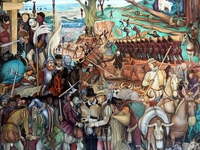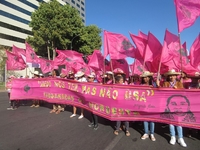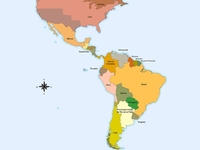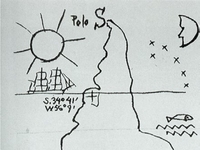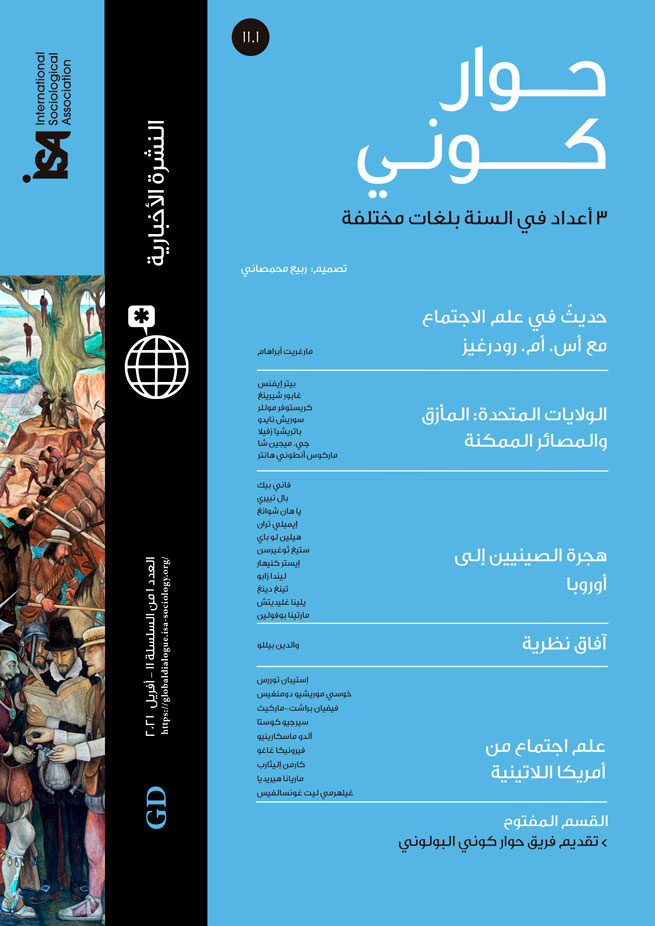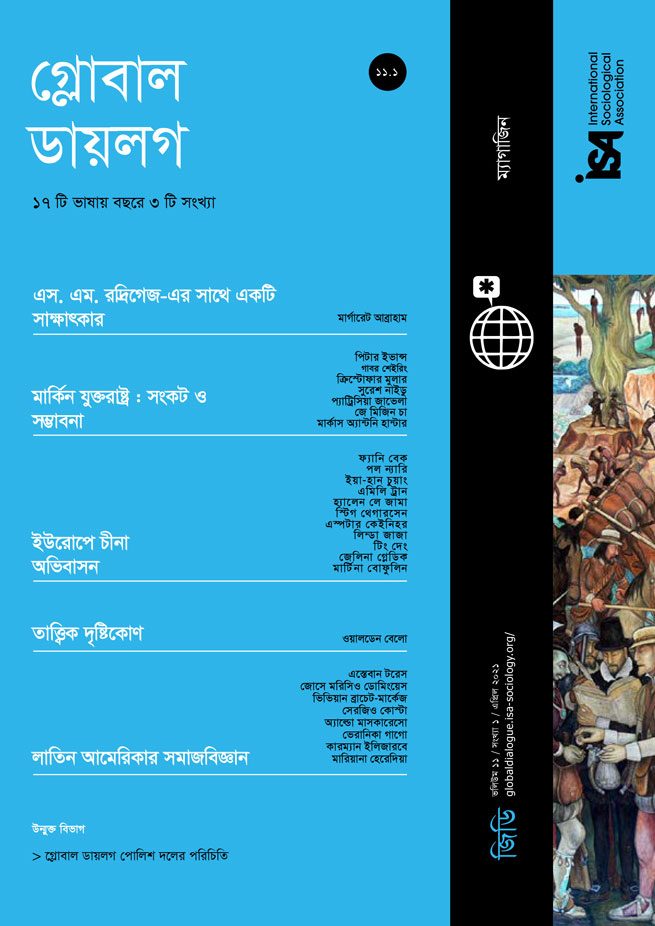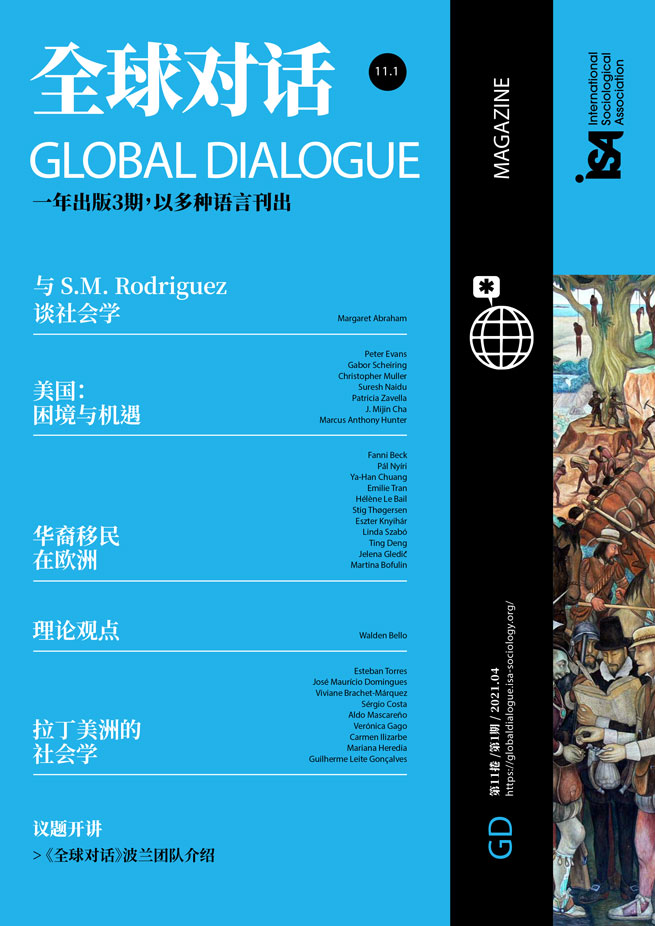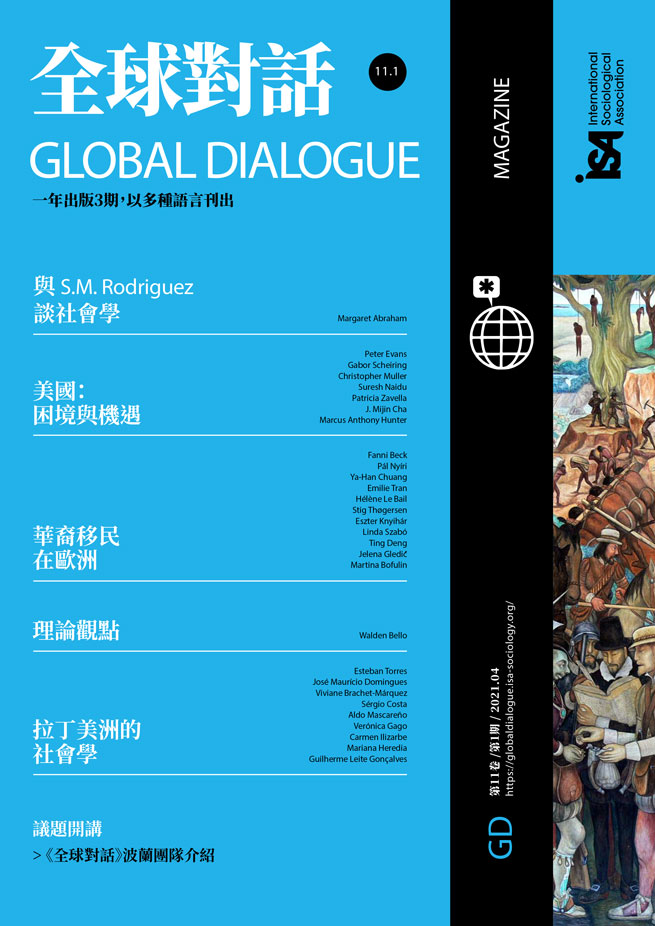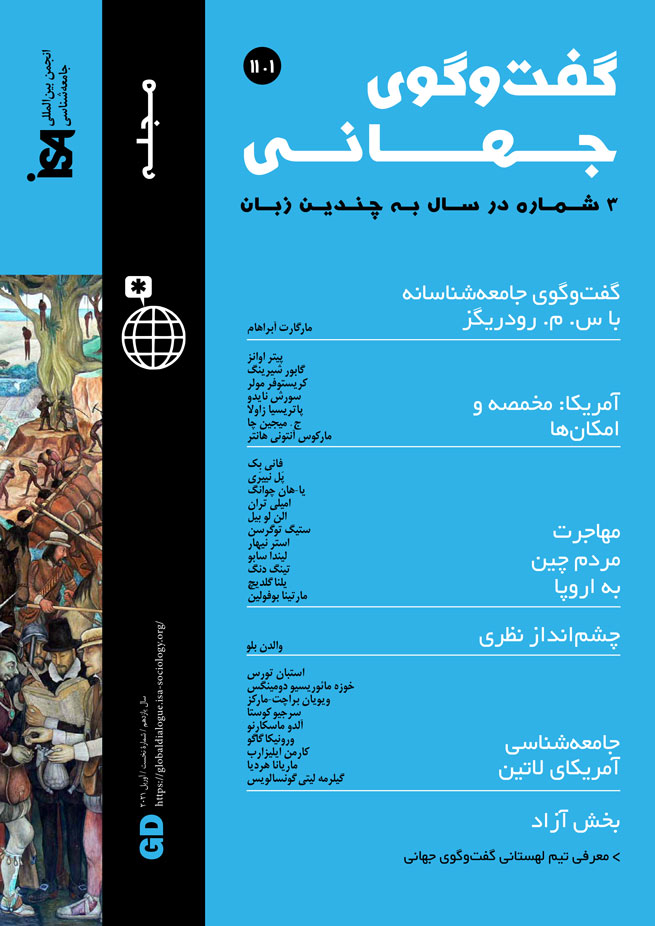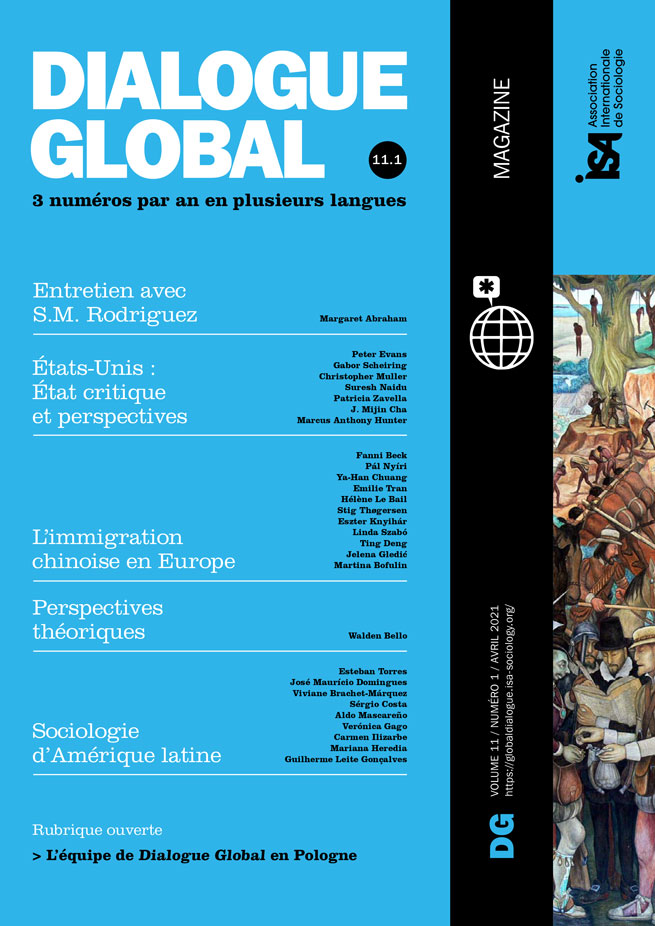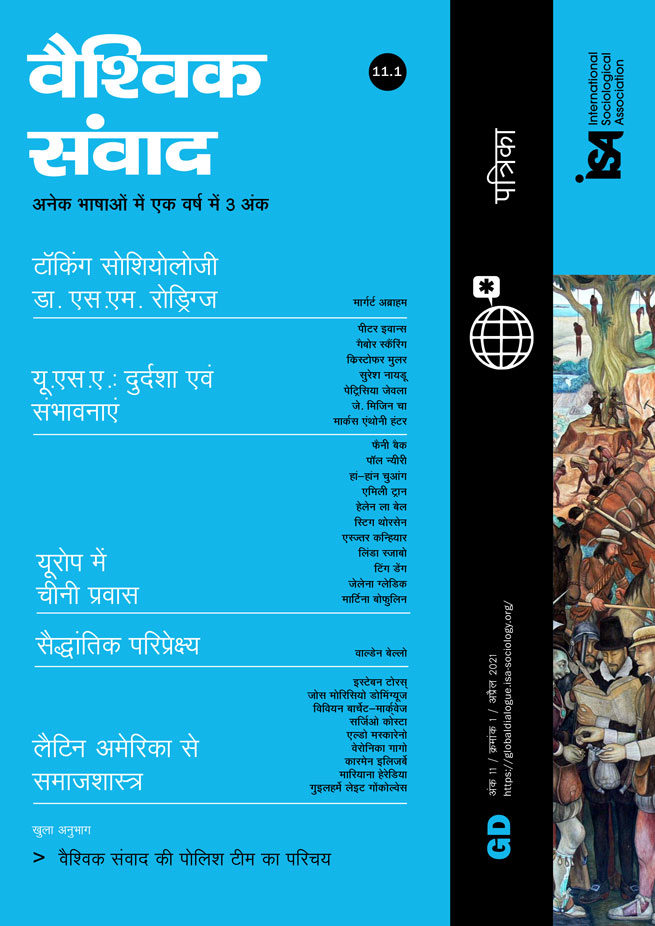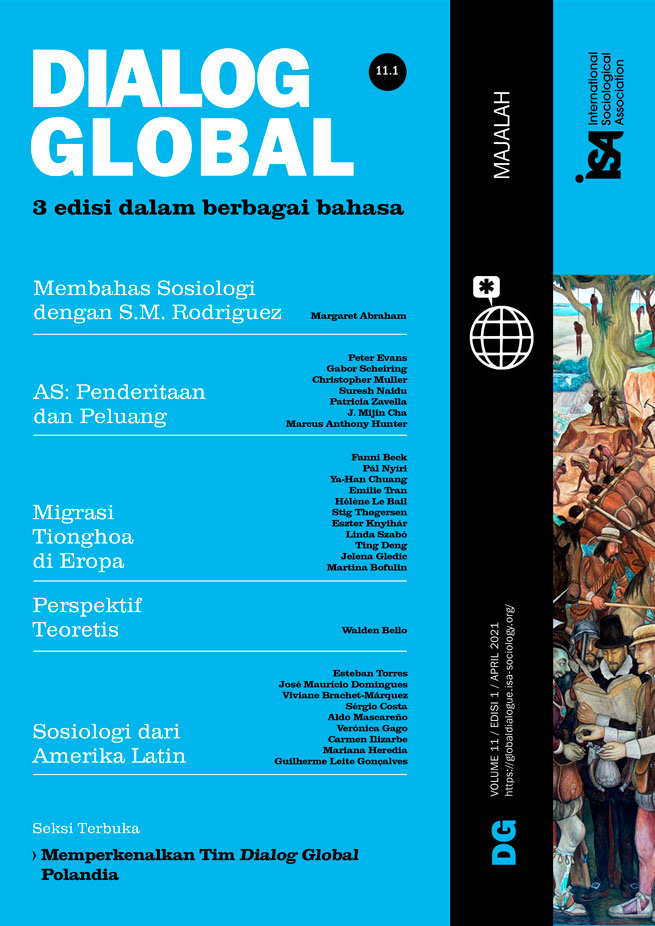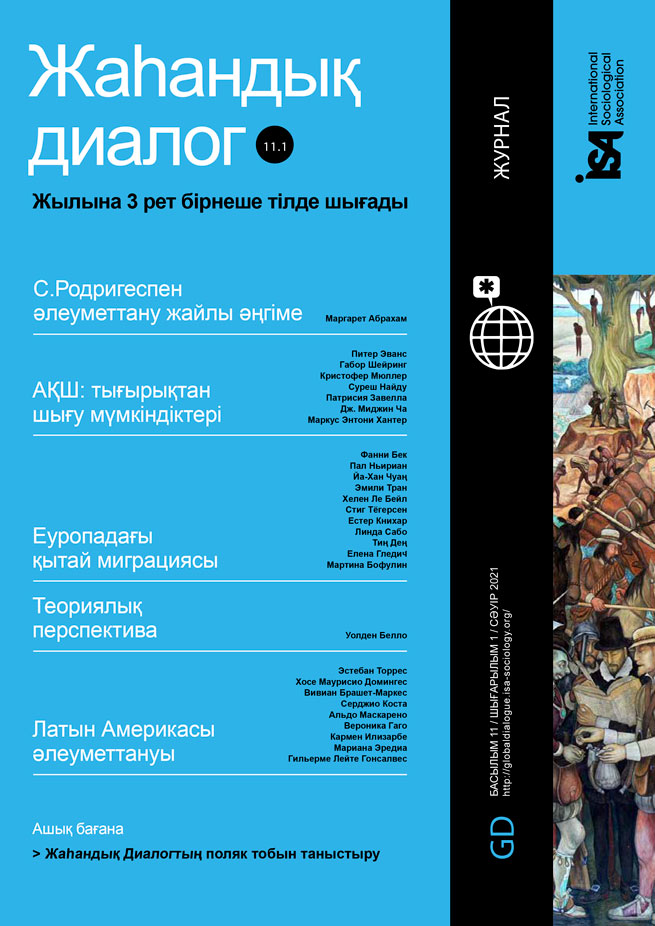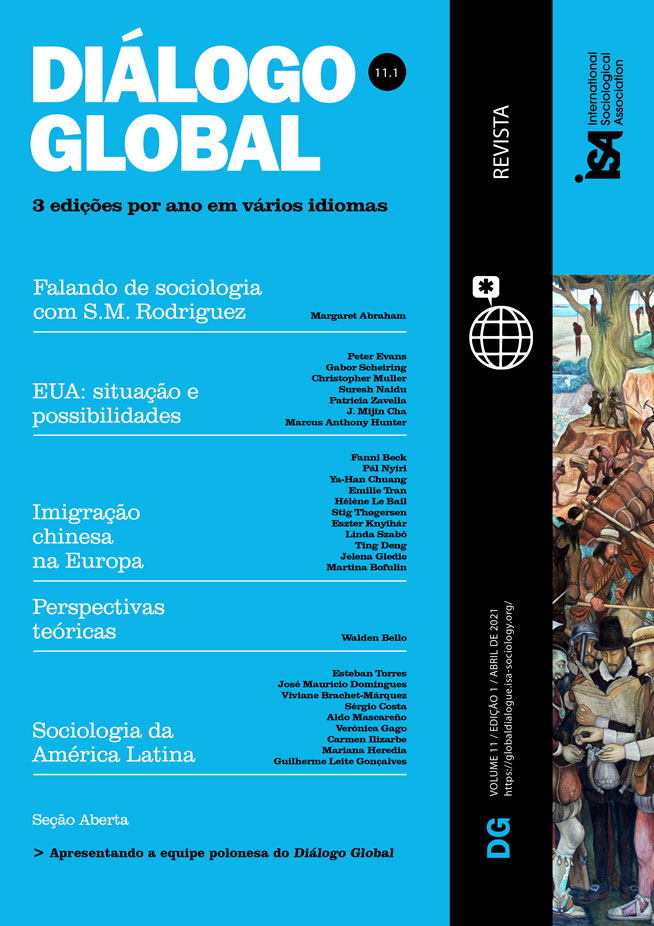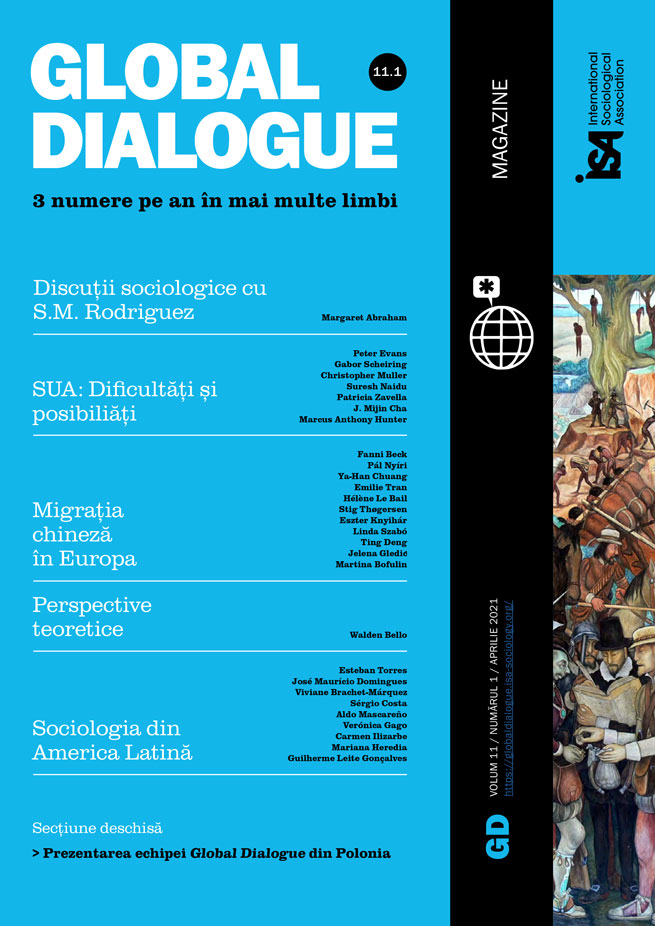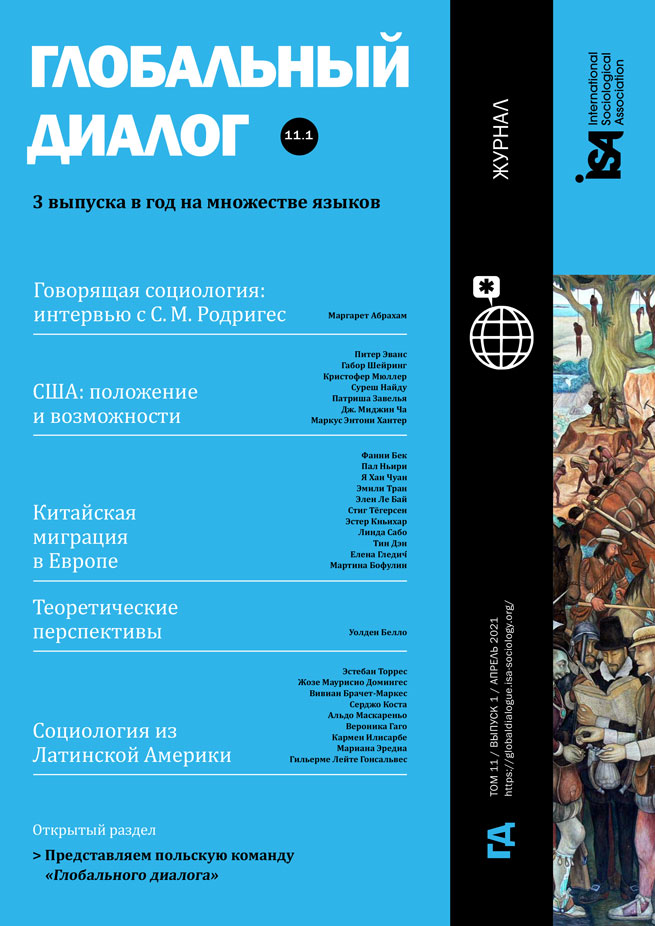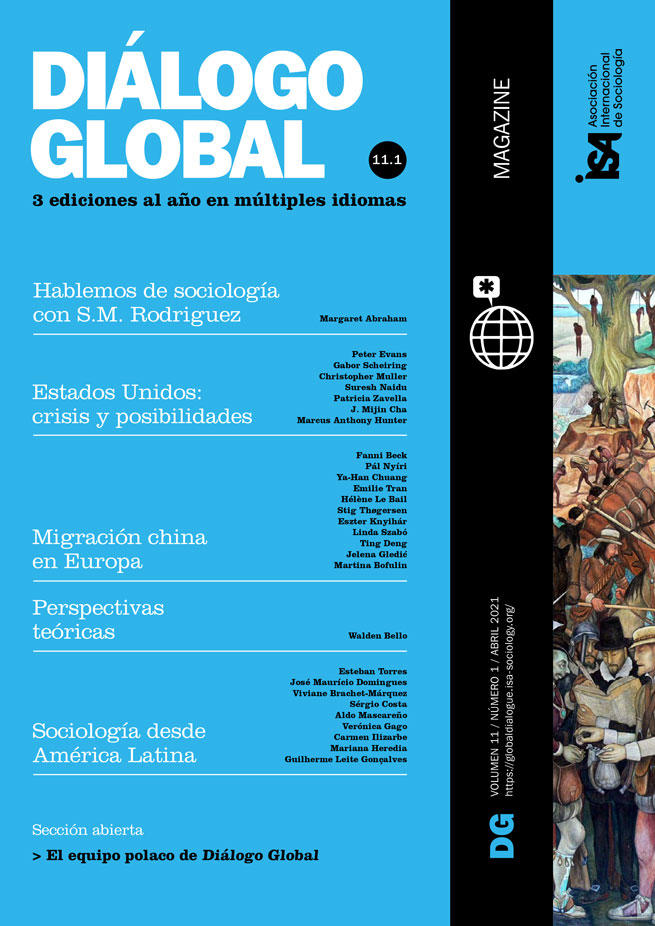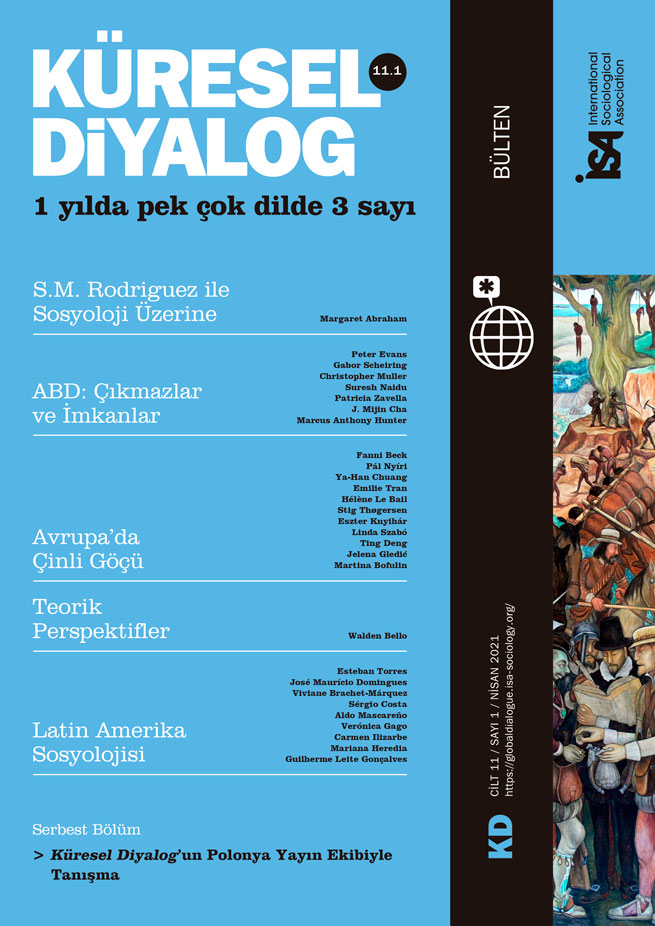This section of Global Dialogue presents a small sample of theoretical innovations, intellectual itineraries, and future projects from a group of prominent Latin American authors. All of these colleagues work every day to build new theoretical tools for the comprehensive study of Latin America’s social reality and, in several cases, world society as a whole. In conjunction with the affirmation of their respective national identities, the authors of this section assume a substantive Latin American identity that has left its mark in their intellectual projects. That means that they simultaneously nurture an intellectual commitment to the future of regional society and world society. Most of the guest authors propose, among other things, an update, a structural reform, or, plainly, a revolution of current world sociology. None of them is willing to curb their creative power, and all are frightened by the prospect of becoming mere reproducers of the ideas of others. Each one of them has their diagnosis regarding the current state of the regional and world social sciences, the main theoretical and political challenges that this field faces, and how the production of knowledge should evolve towards the future in relation to the processes of social change.
This group of colleagues - who, by their sheer work and talent, stand out in their respective countries, in the region, and, increasingly, throughout the Western world – all harbor an unusual ambition, in its most noble sense. They have in common an unwavering commitment to research based on new social theories. Each author is inspired by different objects, dimensions, and questions in their original research, theoretical creation, and goals for sociological change. There are also differences in the ideological identifications, normative resolutions, and political positions of each. The aggregation of diversities in this section is the confirmation that the authors have been able to create their own ideas from a localized reading of the great problems of the historical present, to move forward in the production of their own explanatory social theories, and to project horizons of expectations for their communities of reference.
However, all the differences in this section are subordinated to a common high-voltage aspiration, which structures each proposal and is rooted in the most luminous history of Latin America. Each intellectual trajectory has been built from a forceful rejection of any principle of regional autarky, as well as any principle of theoretical subordination of Latin America. Each of the authors considers that their Latin American identity and trajectory is a positive and distinctive value, a source of autonomy on the world stage, and not a limitation of origin or position to think and act in world society. Without this shared appreciation, fed by different emancipatory legacies rooted in regional history, it would not be possible to explain the conviction, power, and originality that accompany the intellectual trajectories and ideas synthesized here.
The last thing I would like to mention is that the vast majority of the authors included in this section are part of the working group “Social Theory and Latin American Reality” (Teoría social y realidad latinoamericana) of the Consejo Latinoamericano de Ciencias Sociales (CLACSO). We created this multinational collective space that brings together around 40 researchers, currently coordinated by Jose Mauricio Domingues and myself, intending to overcome current autonomous theoretical production deficits in Latin American sociology and social sciences. To further advance this aspiration, among others, it is essential to establish an egalitarian theoretical dialogue in world sociology between the different countries and regional blocs. Global Dialogue’s co-editor Klaus Dörre’s generous invitation to create this Latin American section is a wonderful example of the new spirit of mundialization that our historical time urgently demands.
Esteban Torres, Universidad Nacional de Córdoba-CONICET, Argentina <esteban.torres@unc.edu.ar>
